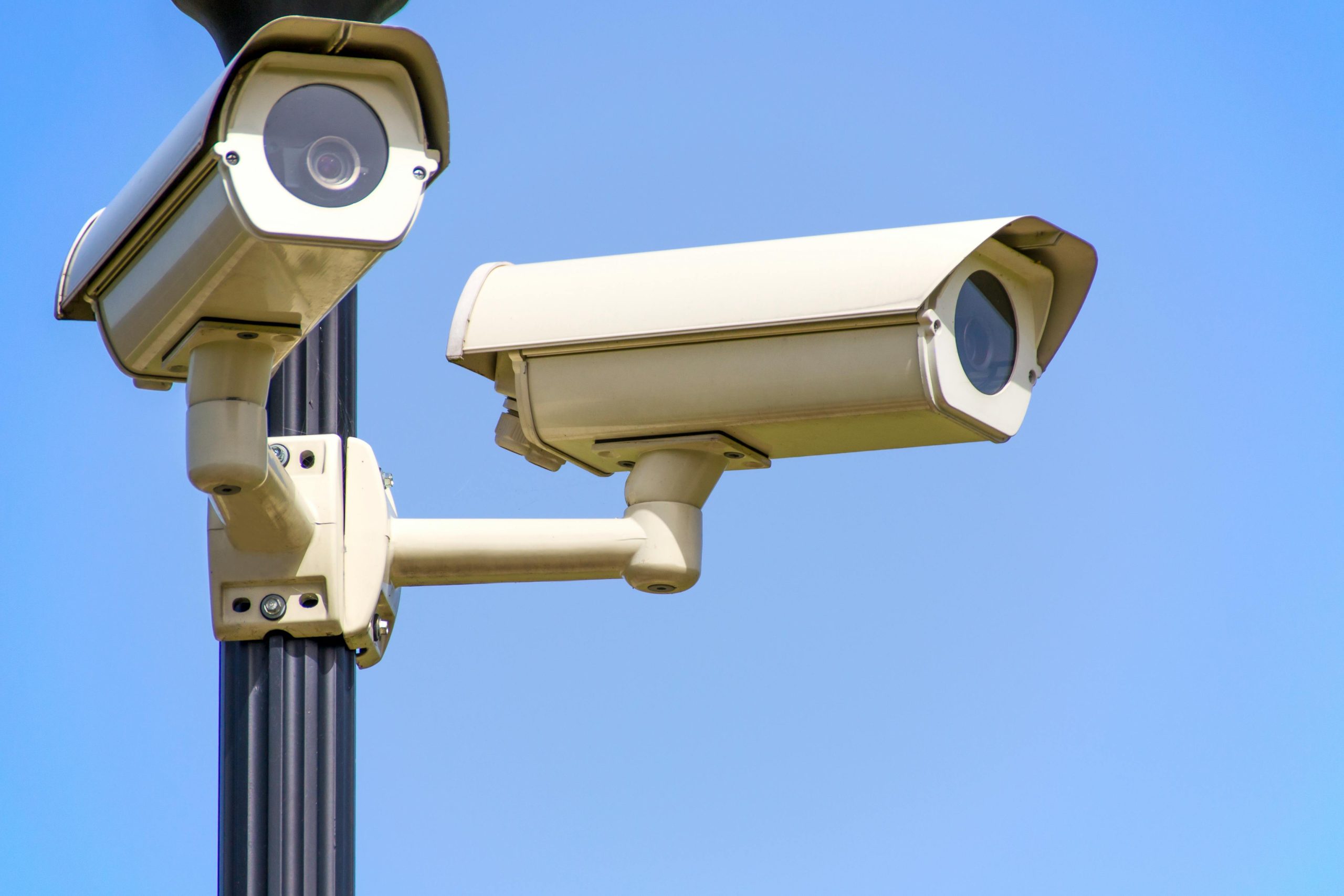In today’s digital age, privacy is more important than ever. With cyber threats, data breaches, and intrusive surveillance on the rise, using a Virtual Private Network (VPN) has become essential for protecting your online activities. A VPN encrypts your internet connection, hides your IP address, and ensures your data remains private from prying eyes. Whether you’re browsing at home, working remotely, or using public Wi-Fi, a VPN is your first line of defense. This guide will walk you through how to install and configure a VPN for maximum privacy, ensuring you stay secure and anonymous online.
Why You Need a VPN for Privacy
A VPN is a powerful tool for safeguarding your online privacy, but why exactly is it necessary? Here are the key reasons:
- Encrypts Your Data: A VPN creates a secure tunnel between your device and the internet, preventing hackers, ISPs, and governments from intercepting your sensitive information.
- Hides Your IP Address: By masking your real IP, a VPN makes it difficult for websites and advertisers to track your location and online behavior.
- Bypasses Censorship and Geo-Restrictions: Whether you’re traveling or living in a region with restricted internet access, a VPN allows you to access blocked content by routing your connection through servers in other countries.
- Secures Public Wi-Fi: Public networks are notoriously insecure. A VPN protects your data from being stolen when you connect to coffee shop or airport Wi-Fi.
With these benefits in mind, setting up a VPN is a small step that makes a huge difference in your digital security.
Choosing the Right VPN Provider
Not all VPNs are created equal. To ensure maximum privacy, you need a reliable provider that meets strict security standards. Here’s what to look for:
- No-Logs Policy: Choose a VPN that doesn’t store records of your online activity. Look for providers with independently audited no-logs policies.
- Strong Encryption: Opt for services that use AES-256 encryption, the gold standard for security.
- Kill Switch: This feature automatically disconnects you from the internet if the VPN drops, preventing accidental exposure.
- Server Locations: More server options mean better speeds and access to geo-restricted content.
- Speed and Performance: A good VPN should offer fast, stable connections without significant slowdowns.
Popular privacy-focused VPNs include ExpressVPN, NordVPN, and ProtonVPN, but always research to find the best fit for your needs.
Step-by-Step VPN Installation Guide
Once you’ve chosen a VPN provider, follow these steps to install it on your device:
- Sign Up and Download: Purchase a subscription from your chosen VPN provider and download the app for your operating system (Windows, macOS, Android, iOS, etc.).
- Install the App: Run the installer and follow the on-screen instructions. The process is usually straightforward, similar to installing any other software.
- Log In: Open the VPN app and log in using the credentials you created during sign-up.
- Connect to a Server: Select a server location from the list and click “Connect.” For best privacy, choose a server in a country with strong data protection laws.
That’s it! Your internet connection is now encrypted and private.
Configuring Your VPN for Maximum Privacy
To get the most out of your VPN, tweak these settings for enhanced security:
Enable the Kill Switch
If your VPN offers a kill switch, turn it on immediately. This ensures your real IP address is never exposed, even if the VPN connection fails.
Use the Most Secure Protocol
VPNs support different protocols, but not all are equally secure. Choose OpenVPN or WireGuard for the best balance of speed and encryption. Avoid outdated protocols like PPTP.
Enable DNS Leak Protection
DNS leaks can reveal your browsing history even when using a VPN. Check your VPN settings to ensure DNS leak protection is enabled.
Disable IPv6
Some VPNs don’t fully support IPv6, which could lead to leaks. Disable IPv6 in your device’s network settings for added security.
Best Practices for VPN Privacy
Installing a VPN is just the first step. Follow these best practices to maintain ultimate privacy:
- Always Connect on Untrusted Networks: Use your VPN whenever you’re on public Wi-Fi or any network you don’t fully trust.
- Regularly Update Your VPN App: Updates often include critical security patches, so keep your software current.
- Use Multi-Factor Authentication (MFA): Secure your VPN account with MFA to prevent unauthorized access.
- Avoid Free VPNs: Free services often log your data or serve ads. Stick to reputable paid providers.
By following these guidelines, you’ll maximize your online privacy and keep your data safe from prying eyes. A VPN is one of the simplest yet most effective tools for protecting your digital life—take advantage of it today.
